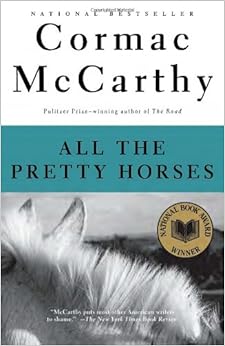New York, N.Y. : A Library of America Special Publication, [2021]
xii, 228 p. ; 22 cm.
When you see that there is a "new" Richard Wright novel out in the world, well of course you have to read it - which is exactly what I did! Apparently this compact novella appeared as a short story, but in its full form was rejected by Wright's publisher. It seems the opening set up of the hero, a Black man named Fred Daniels, being arrested and tortured by police into confessing to a double-murder he's innocent of was just too much. The scene is still excruciating, but not so shocking in this age of learning about police abuses of power.
Though this portrayal of racist police violence and terror is horrifying, it serves as the launching off of the main action of the book: Fred Daniels escapes the police and goes to live for a number of days in the sewers beneath the city. Here he wanders through the maze of the city's underground digging and tunneling into several places where he wrestles with guilt, greed, corruption and disillusion. He is able to peer into a Black church service, view a savings vault, and jewelry storage area. In his isolation and darkness he also begins to become a bit unhinged.
I liked a lot about this book, but I have to say that the movements and the descriptions of the underworld actions of the protagonist are pretty confusing. How he chisels through bricks and squirms into basements is hard to follow. The passage of time is not clear, and extreme changes in the main character make it seem like he is underground for months, when in fact it is only three days. I wish the writing had been a little more exact; I think it would have really added to the power of the book.
These issues aside, the book is also wonderful for including a long essay - "Memories of My Grandmother" - that is an exquisite revelation of Wright's thoughts about his writing, discussing origins, influences, the blues and jazz among other things. It's well worth the read.
I'm glad I read this novella and I will definitely recommend it to any student interested in Richard Wright.





